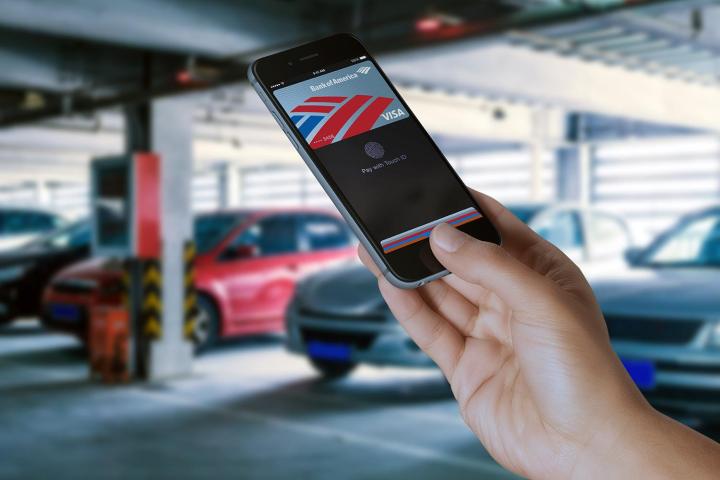
National Australia Bank, Commonwealth Bank of Australia, and Westpac Banking Corp have made a request to antitrust legislators to be able to negotiate with Apple collectively, according to a report from Reuters. The banks need to receive this permission to avoid being accused of violating anti-competition laws themselves.
Meanwhile, the Australia and New Zealand Bank is conspicuous by its absence from this action, as it’s the only one of the “big four” banking institutions in Australia that isn’t involved. Back in April, that bankng company signed up to use the Apple Pay system.
Rather than co-opting Apple’s service, the three other banks want to use the iPhone’s NFC chip for their own contactless payment programs. Their argument is that third-party apps are allowed to make use of features like Wi-Fi and Bluetooth, and the NFC chip should fall under the same category.
For the time being, the three banks are simply looking for permission to negotiate with Apple as a group in an attempt to gain access to the chip. However, if this attempt fails, it wouldn’t be too surprising to see them level legal action against the company in relation to the purported breach of antitrust law.
Lance Blockley is a senior adviser at financial consulting firm Novantas, and is acting as the spokesman for the three banks during this process. He claims that this is the first example of financial institutions challenging Apple on these restrictions, which could mean that the outcome of this situation sets a precedent for other regions.


